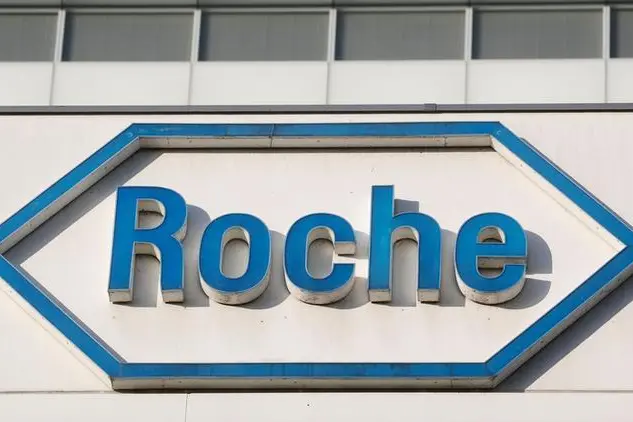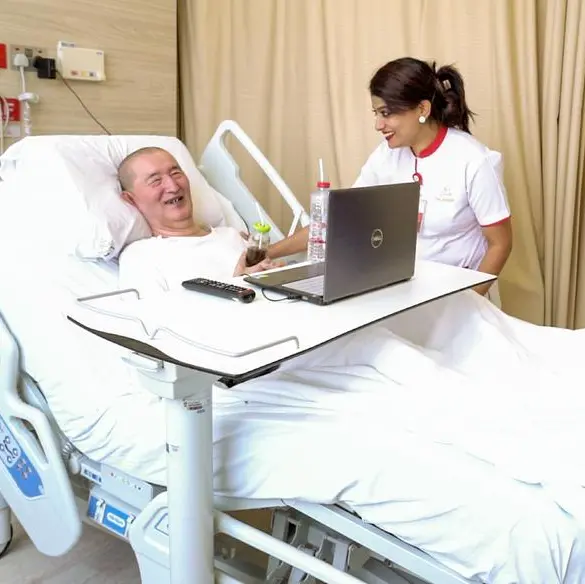PHOTO
Roche agreed to take over obesity drug developer Carmot Therapeutics for $2.7 billion, joining a list global contestants seeking to challenge the dominant makers of weight-loss drugs Novo Nordisk and Eli Lilly.
The U.S. takeover target's most promising drug candidate, a once-a-week injection called CT-388, belongs to a class known as a dual GLP-1/GIP receptor agonist, the same as Lilly's Mounjaro, or Zepbound.
After encouraging Phase I trial results, the drug is ready to be tested on humans in the second of three trial stages, Roche added in a statement on Monday.
Pioneer Novo is ahead in the market with obesity drug Wegovy, a single agonist of the GLP-1 gut hormone receptor, and is scrambling to boost production amid overwhelming demand in an obesity market that analysts estimate could reach as much as $100 billion in annual revenues.
Roche shares opened up 1.75%, hitting a six-week high on optimism that the weight-loss market will accommodate many rivals.
"Competition in the fast-growing obesity and diabetes markets should heat up quickly. The markets are large enough for 'me too' products, particularly when offered at the right price," Zuercher Kantonalbank analysts said in a note.
Roche said in its statement CT-388 could become the best in its class to treat obesity and its comorbidities.
Among recent deals to acquire obesity drug development projects, AstraZeneca last month agreed to pay up to $2 billion for the rights to an experimental pill from China's Eccogene.
New Roche CEO Thomas Schinecker has set a high deal pace since taking the helm in March to restore Roche's drug development pipeline, which was hit by major late-stage trial setbacks in Alzheimer's and cancer immunotherapy last year.
Roche in October agreed to pay an initial $7.1 billion to Roivant and Pfizer for rights to a new inflammatory bowel disease drug, eyeing new therapeutic fields to offset falling oncology sales.
On top of the upfront purchase price of $2.7 billion, the owners of unlisted Carmot will receive payments of up to $400 million if certain milestones are achieved, the Swiss drugmaker said.
Carmot was co-founded by long-time CEO Stig Hansen in 2008. While keeping a Carmot board seat, Hansen this year became CEO of Kimia Therapeutics, an entity that was spun out of Carmot to focus on the discovery of new metabolic diseases drugs.
Carmot's current portfolio includes clinical stage gut-hormone drugs, in pill and injection form, aimed at treating obesity in patients with and without diabetes, as well as a number of programmes not yet tested on humans, Roche said.
Carmot's employees will join Roche's pharmaceuticals division when the transaction officially closes, expected in the first quarter of 2024.
Roche will obtain access to Carmot's current R&D portfolio including all clinical and preclinical assets.
(Reporting by Ludwig Burger in Frankfurt Additional reporting by Noel Illien in Zurich, Editing by Rachel More, Louise Heavens and Sharon Singleton)





















